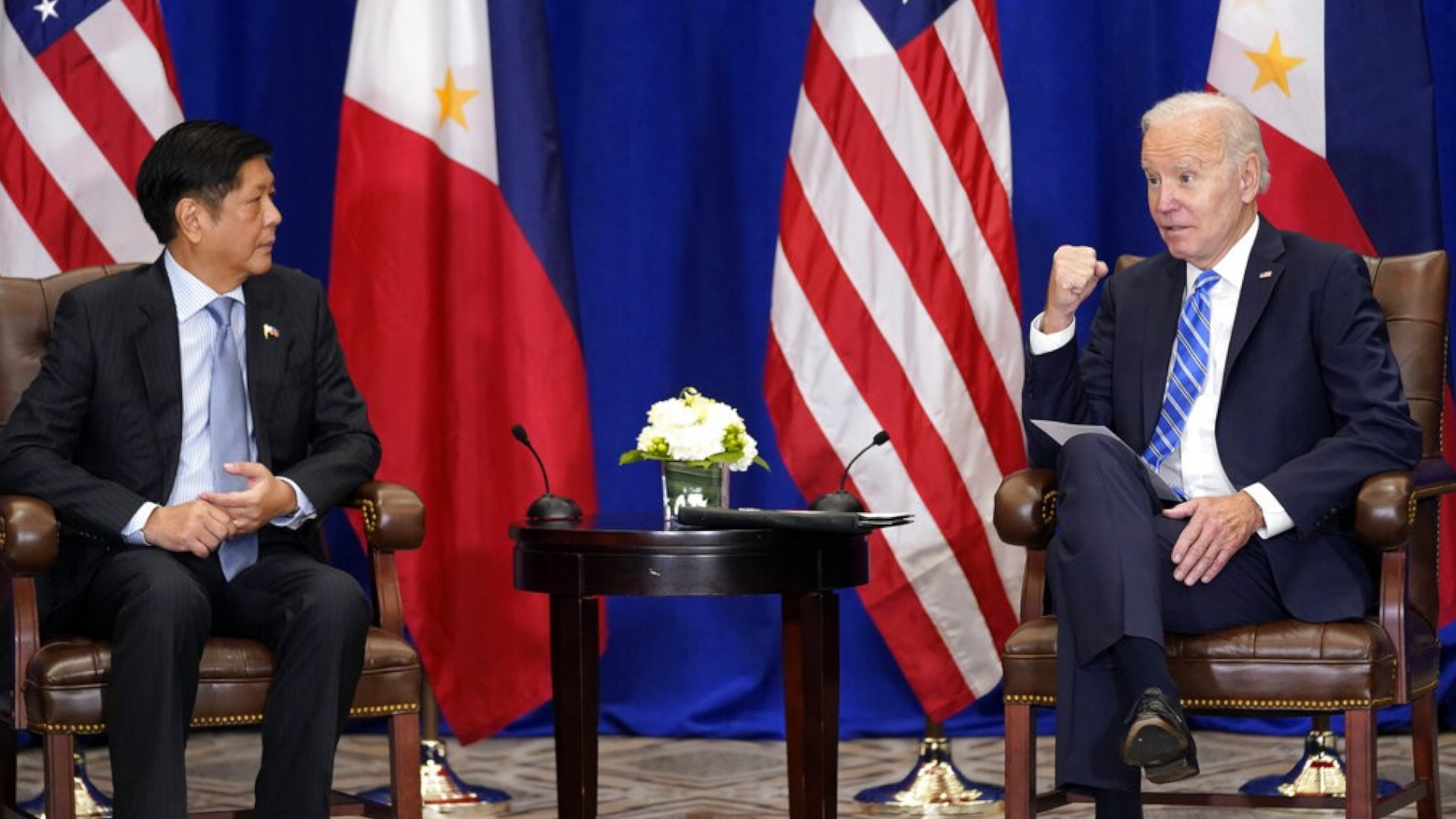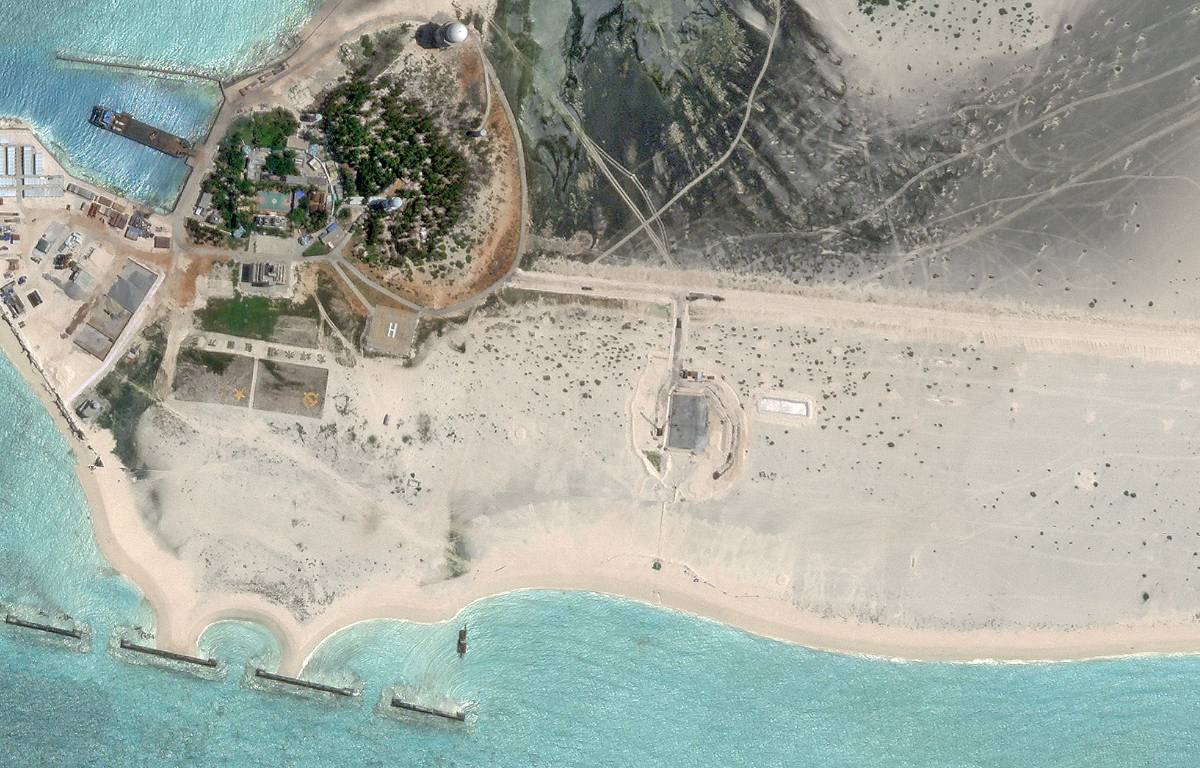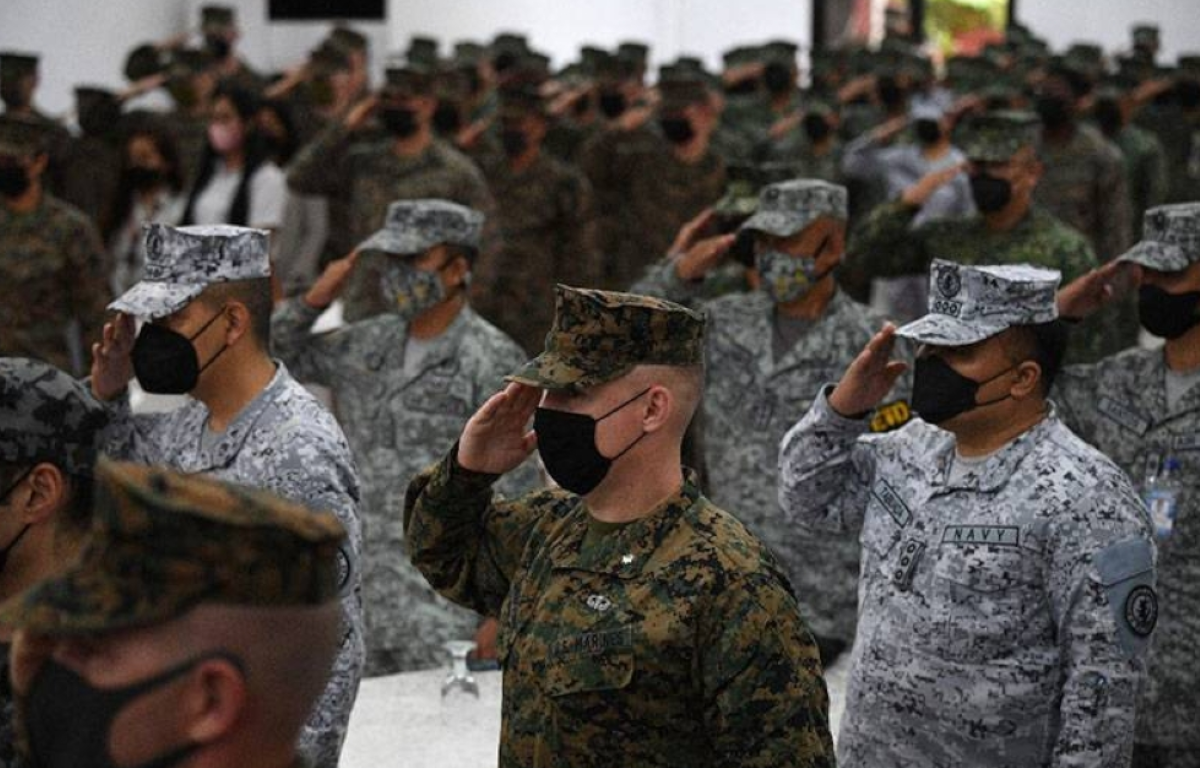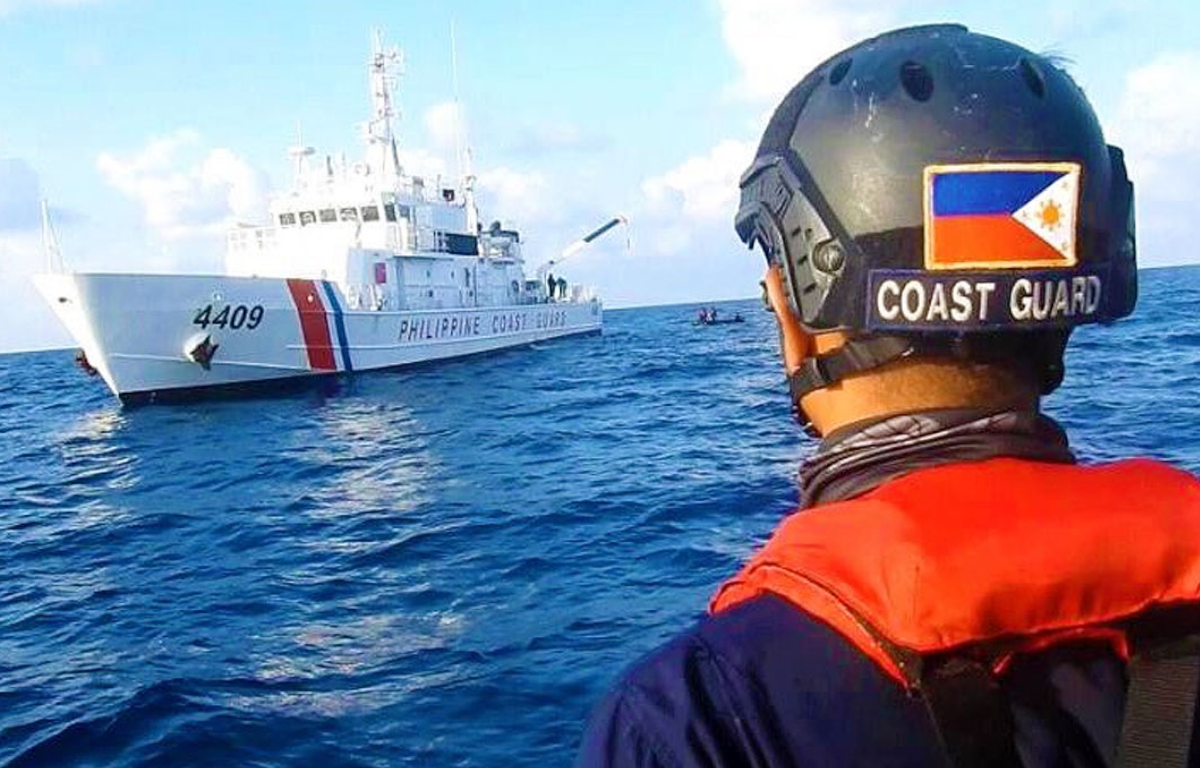
The South China Sea has been a hotspot for geopolitical tensions, primarily due to competing territorial claims by China and several Southeast Asian nations, including the Philippines. The maritime region is not only rich in natural resources but also serves as a critical trade route. This has led to a long-standing struggle for control and influence.
The Philippines, a staunch claimant of its territorial rights, has often found itself at odds with China’s expansive claims, which are vehemently disputed by international law. The United Nations Convention on the Law of the Sea (UNCLOS) has been a guiding framework for resolving these disputes, but conflicting interpretations and a lack of enforcement mechanisms have complicated the situation.
In the latest episode of this ongoing saga, the Philippines has decided to resupply a ship stationed within the contested waters despite Beijing’s efforts to deter this action. This move is not only an assertion of the Philippines’ sovereignty but also a message to the international community that it will not be coerced into relinquishing its legitimate rights.
China’s attempts to block the resupply, including diplomatic protests and naval posturing, underscore its determination to maintain control over the region. This defiance from the Philippines adds a new layer of complexity to the already intricate geopolitical chessboard.
The Philippines’ decision to resupply its ship carries implications that extend beyond the immediate standoff. It is likely to strain an already fragile regional stability. Neighboring countries with similar disputes will be closely watching this situation, as it could set a precedent for how maritime conflicts are resolved in the future.
Moreover, this move raises questions about the efficacy of international mechanisms in resolving such disputes. The lack of a clear enforcement mechanism for UNCLOS decisions has allowed powerful nations to defy international law without facing significant consequences.
Amidst the tension, diplomatic efforts will play a crucial role in preventing further escalation. Open lines of communication and negotiations between the Philippines and China could potentially defuse the situation. Regional organizations, such as ASEAN, also have a responsibility to facilitate dialogue and find peaceful solutions.
The Philippines’ decision to resupply its ship in the South China Sea in defiance of Beijing’s block underscores the enduring complexities of maritime disputes in the region. As the international community watches closely, the need for diplomatic solutions and a strengthened international legal framework becomes more evident. The fate of the South China Sea not only impacts the countries directly involved but also has wider implications for regional stability and the rules-based international order.










Share this: